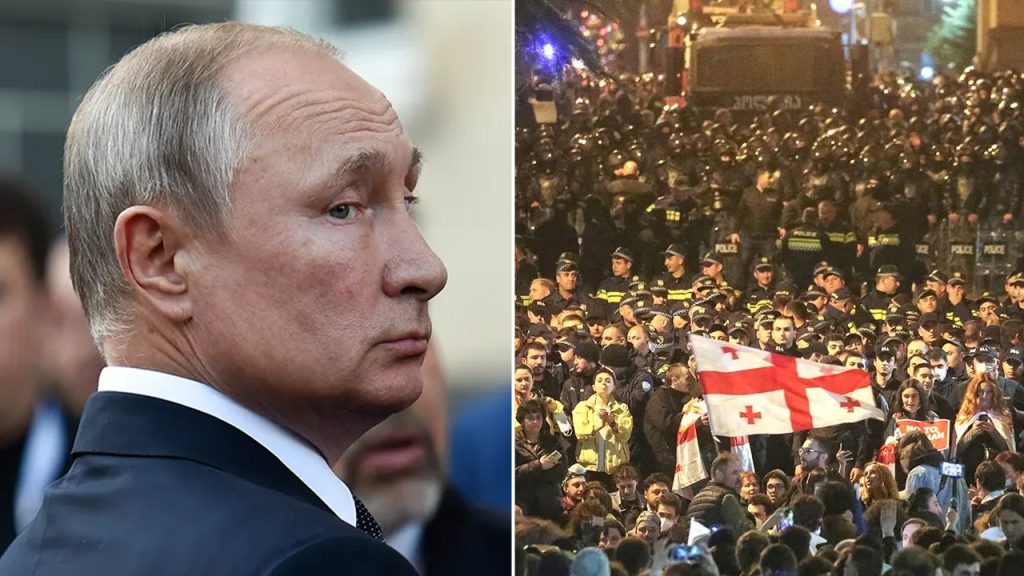Georgia’s pro-Western president, Salome Zourabichvili, has called on citizens to protest the disputed outcome of recent parliamentary elections, which she believes was rigged with Russian assistance. Zourabichvili views the election results as a gift to Russian President Vladimir Putin and a setback for Georgia’s aspirations to join the European Union. The opposition’s loss could strengthen Russia’s influence over Georgia and hinder its Western alignment.
Former Defense Intelligence Agency officer Rebekah Koffler has warned of Russian influence peddling in Georgia, with suspicions that Russian intelligence may have played a role in swaying the election. Despite lack of concrete evidence of vote manipulation, influence operations through financing, intimidation, and agitation are common tactics used by Putin. The U.S. has sided with Georgia’s pro-European president, denouncing irregularities in the electoral process and supporting calls for a full investigation.
The ruling party in Georgia, Georgian Dream, claimed victory in the disputed elections with assistance from Hungarian Prime Minister Viktor Orban, who congratulated them before the official results were released. President Zourabichvili and Western observers have cited irregularities in the election, including fraud and ballot stuffing, leading to allegations of a stolen and rigged outcome by the opposition. International bodies such as the Organization for Security and Co-operation in Europe (OSCE) have highlighted a tense environment and incidents of voter intimidation.
U.S. Secretary of State Antony Blinken has condemned violations of international norms in Georgia’s elections and emphasized the importance of respecting democratic rights, including peaceful protests. Senators Jeanne Shaheen and Jim Risch have raised concerns about Russian interference and division in Georgia, urging the ruling party to acknowledge the impact of their actions on the country’s economic and security agenda. Some Georgians have already taken to the streets to voice their opposition, with planned protests potentially escalating tensions.
Georgia’s aspirations to join the EU have been hampered by the ruling Georgian Dream Party, which stalled the country’s progress since becoming a candidate member in 2023. Controversial legislation, such as the “foreign agent” law, further strained relations with the EU and the U.S., leading to sanctions and funding cuts. The law required organizations receiving significant foreign funding to register as foreign agents, impacting civil society and media outlets. However, a majority of Georgians support joining the EU, indicating strong desires for closer alignment with Western institutions.
As Georgia faces a critical moment of political unrest and uncertainty, mass protests against the disputed election outcome could lead to heightened tensions and potential security risks. The outcome of these protests and the government’s response could determine Georgia’s path towards fulfilling its European aspirations and maintaining its independence from Russian influence. With international support for democracy and transparency in Georgia’s electoral process, the country faces a crucial juncture in safeguarding its democratic values and Western orientation.


